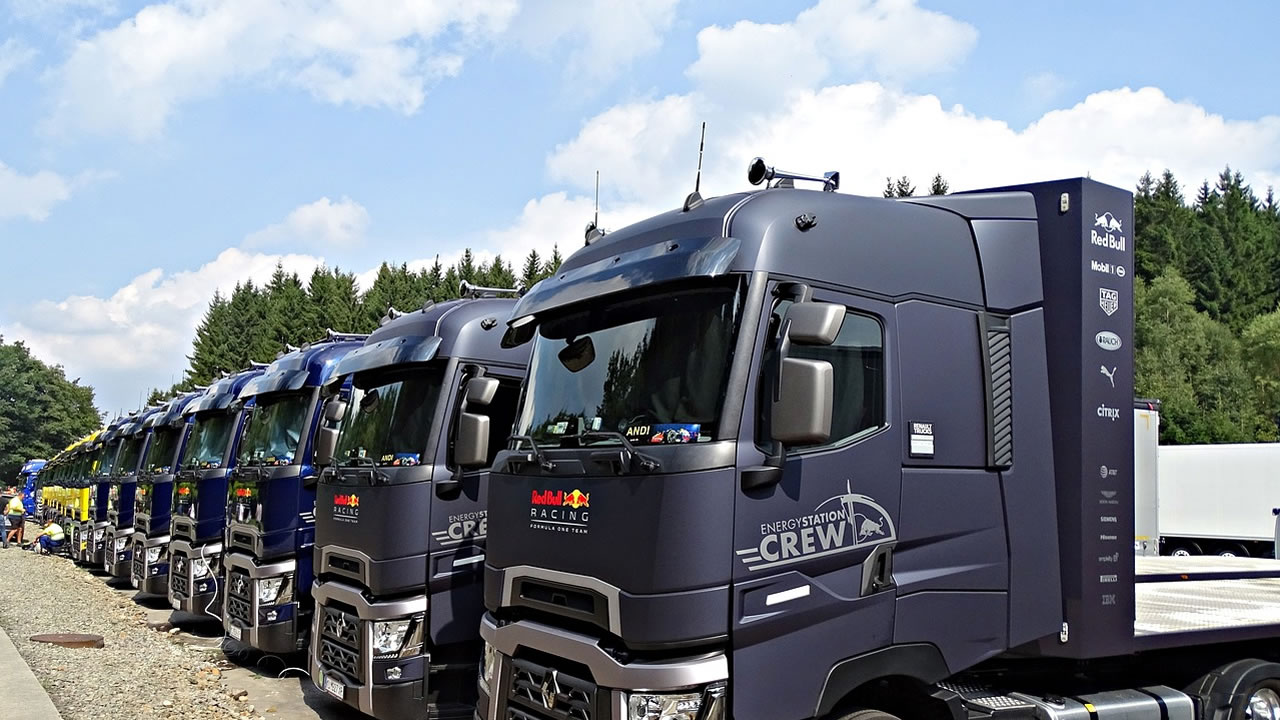Truck Factoring in the USA: A Complete Guide for Trucking Businesses
Truck factoring has for many years been a basic financial service mechanism for a substantial number of trucking companies in the United States. It enables trucking companies to gain cash stream almost immediately by selling their owed invoices to a third party factoring institution, also known as the Factor. This is particularly critical for businesses which have clients who pay slowly or those companies that require fast cash to support expenditures for instance fuel, maintenance or wages.
What is Truck Factoring?
Basically truck factoring is the selling of accounts receivable (invoices) owed to the trucking business by many customers to the factor company at a discount. The factor then receives the payments from the customer and remits some of the cash to the trucking company. This allows for adequate and timely cash to be injected to a business which enables its running without us wait for clients to settle their dues and invoices, which could take 30, 60 or even 90 days to realize.
How Truck Factoring Works
The factoring process is so simple. First step is the trucking company forwarding its invoices to the factoring company. A figure between 70 percent and 90 percent of the entire invoice value is usually paid out by the factor in advance to the trucking company.
Once an invoice is settled, the factor is then obliged to pay the remaining balance after deducting the factoring fees which range between one to five percent of the invoice’s total value. Invoice amount, clients and time frame set in the factoring agreement are some of the issues determining the fees.
- For respondents primarily engaged in trucking, what are the benefits of truck factoring?
- Cessation of services in lieu of payment or sale of goods is the core business of establishments engaged in trucking operations. In addition, the negative aspect for most trucking companies is the time it takes to get paid for rendering the service. Many trucking companies do not have enough equity to wait for several months while being able to use receivables as money values. This is where truck factoring comes in handy. Generally, the main advantage of factoring for truck transportation companies is the influx of working capital and improved cash flow. Companies no longer have to rush to receive outstanding invoices in the first place. Businessmen who rely on factor’s cash can rest easy. Cash can be used when it is actually needed to cover operating expenses such as fuel, maintenance, vehicle insurance, among others. And fast availability of funds allows for a wide range of operating materials and peripheral purchases. In most cases, though, small trucking companies for many reasons are unable to access credit lines without securing additional credit. Another benefit is that there is no collateral requirement for the loan which stands out as a low risk alternative for businesses.
- When choosing a truck factoring company there are a few steps that should be followed.
- The more traditional purchasing a loan or leasing equipment in the business always considers the reputation.
Also, the other variables such as the advance rate, the charges, and the client service should be factored in. It is equally necessary to determine whether there is non-recourse factoring which comes with its bad debt risk or recourse factoring which is where the trucking company is obliged to buy back any outstanding unpaid invoices ge that they have issued Cut the right factoring partnership, and you have a great opportunity to improve cash flow discipline within the trucking business and stress over collections and growth is only contractual.
When all is said and done, truck factoring in the USA is quite helpful to a good number of trucking companies as it is an important financial service for them. This makes sure that businesses do not lose out with regards to time when expecting customer remittances as they can still run their activities without disruption. Once the correct factor is found, trucking companies can achieve financial independence and expand their business as necessary.


